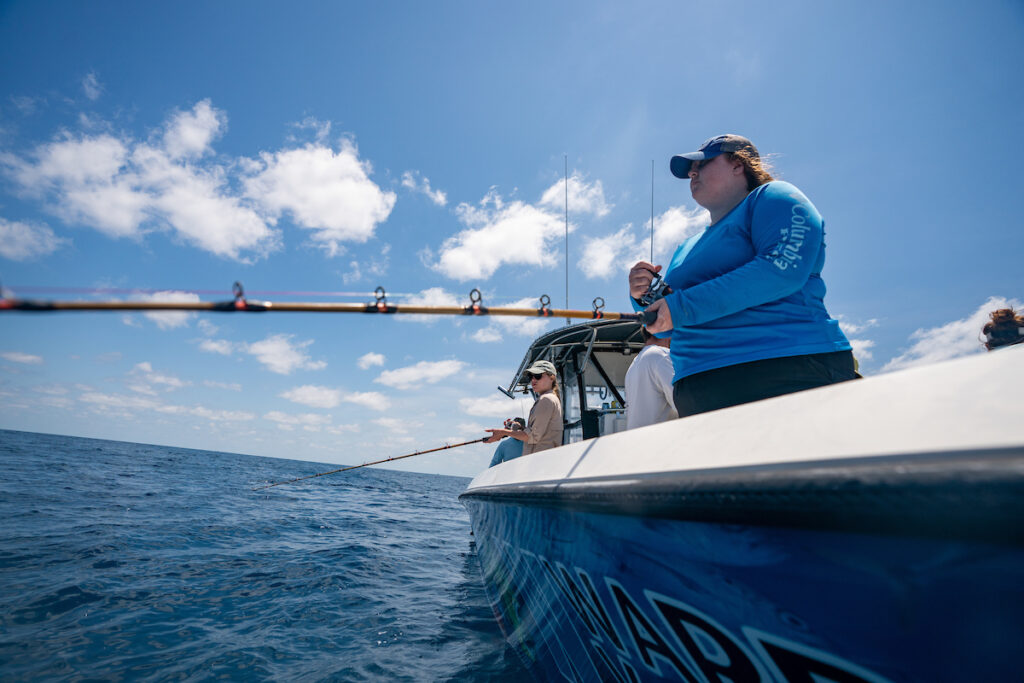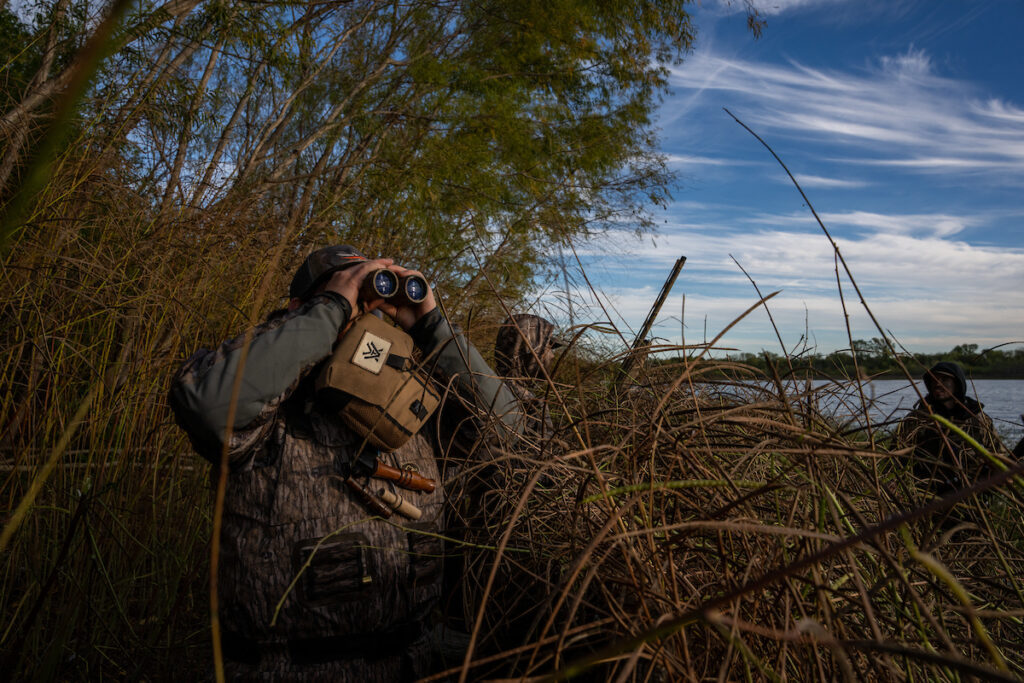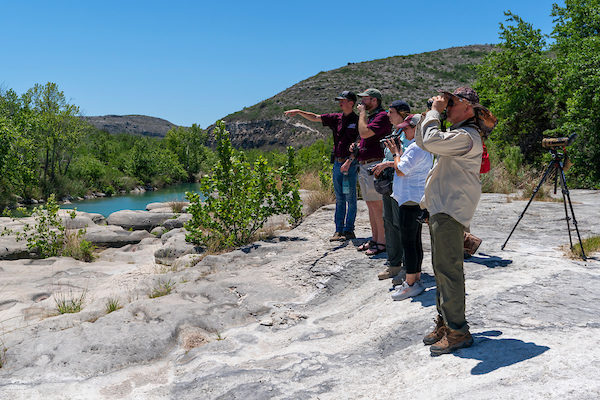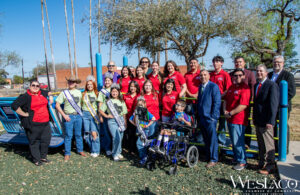- La Feria Community Holds Succesful Business Mixer Event
- Little Nashville to Take Place in Downtown Mercedes
- Lions Basketball Captures District Gold
- La Feria ISD Students Compete in Regional Chess Tournament
- Lions End First Half of 32-4A on a High Note
- La Feria ISD Held Another Successful Parent Conference
- Strong Appearance for Lions at Hidalgo Power Meet
- LFECHS Students Get to Meet Local Actress
- Students Participate in Marine Biology Camp
- Two LFECHS Students Qualify for All-State Band
Department Of Rangeland, Wildlife And Fisheries Management Debuts Two New Undergraduate Academic Programs
- Updated: January 18, 2025
By Sarah Fuller
With the introduction of two innovative undergraduate programs, students in the Texas A&M College of Agriculture and Life Sciences Department of Rangeland, Wildlife and Fisheries Management now have expanded opportunities to hone their academic interests while establishing a strong foundation for careers in natural resource conservation.
“The development of these new programmatic offerings centers on our ongoing commitment to student success within the highly diverse and competitive field of natural resource conservation and management,” said Roel Lopez, Ph.D., department head and director of the Texas A&M Natural Resources Institute.
“The contemporary field of natural resource management is interdisciplinary and full of pioneering approaches — we worked to ensure these two new degree paths encapsulate that.”
Outdoor enterprise management track
The National Survey of Fishing, Hunting and Wildlife-Associated Recreation conducted by the U.S. Fish and Wildlife Service reported that Americans spent more than $394 billion on wildlife-related activities, including hunting, fishing and wildlife watching in 2022.
Gerard Kyle, Ph.D., professor and associate department head for academic programs in the Department of Rangeland, Wildlife and Fisheries Management, said spending on nature-based tourism has grown significantly over the past decade, driving the expansion of service-sector businesses focused on outdoor recreation.
Examples include hunting and fishing lodges, ecotourism companies, diversified ranching operations, corporate retreat facilities and more.
To meet this demand, the department is launching a new outdoor enterprise management track in fall 2025. This program allows undergraduates pursuing a bachelor’s degree in rangeland, wildlife and fisheries management to tailor their coursework to gain the skills needed for diverse careers in the growing field of outdoor-based enterprises.
“This track complements the required foundational departmental courses with key classes in the Department of Agricultural Economics and the Department of Hospitality, Hotel Management and Tourism,” Kyle said. “Ultimately, it merges the fields of ecology, business and hospitality management to prepare students for an array of careers and entrepreneurship in outdoor-based enterprises.”
The outdoor enterprise management track complements existing degree focus areas, including aquaculture and fisheries management, natural resources management and policy, rangeland management and wildlife management.
Fast track to a graduate degree
For undergraduates aspiring to pursue an advanced degree, the department’s new “4+1 Fast Track” in rangeland, wildlife and fisheries management allows high-achieving students to begin taking graduate-level courses their senior year to pursue a Master of Natural Resources.
Through a combination of graduate and undergraduate coursework, immersive training and a capstone project, students can earn a bachelor’s and a master’s degree in five years.
“This non-thesis degree program focuses heavily on critical problem-solving and leadership skills and the relationship between science, conservation management, policy and human dimensions of natural resources,” Lopez said.
Undergraduate students with a GPA of 3.3 or higher are eligible to apply for the program their junior year. Admission is based on student qualifications and alignment with program goals.
Ultimately, the program serves to train and develop dynamic natural resource leaders who can immediately move into emerging career opportunities.
Roel Lopez, Ph.D.
Department head, Rangeland, Wildlife and Fisheries Management
In addition to unique experiences such as monthly sessions with natural resource industry leaders and a one-week policy boot camp, students will participate in a paid fellowship with a state or federal agency or other program partner to complete a year-long capstone project that contributes to current conservation efforts.
“This program truly focuses on the nexus of science, policy and practice to advance natural resource stewardship in the modern age,” Lopez said. “Our goal is to prepare future professionals with technical and science-based skills, as well as the practical policy and management experience needed to forge their path as leaders in conservation.
“Ultimately, the program serves to train and develop dynamic natural resource leaders who can immediately move into emerging career opportunities.”







